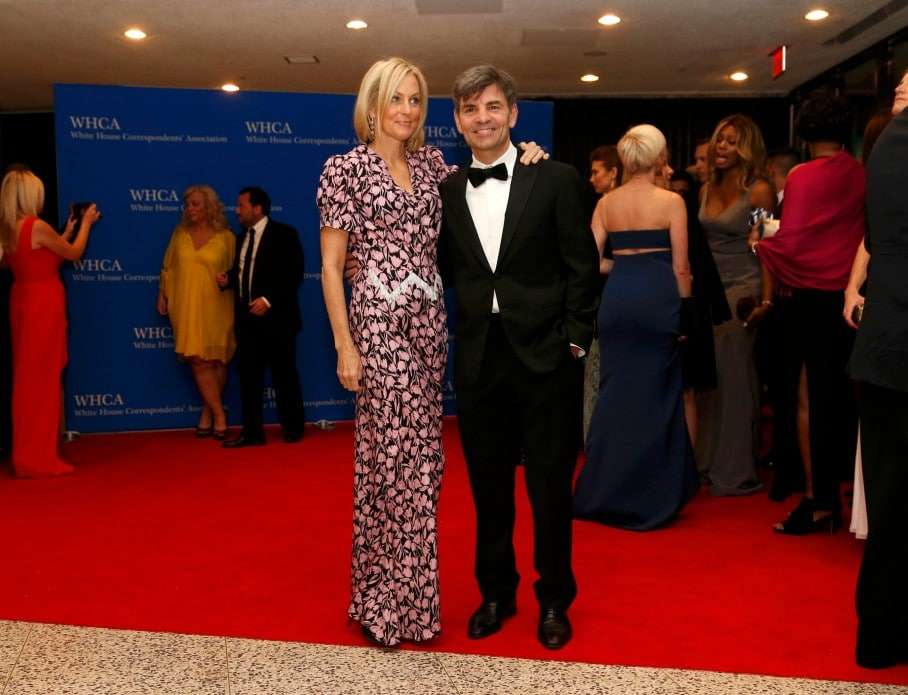The Volokh Conspiracy
Mostly law professors | Sometimes contrarian | Often libertarian | Always independent
George Stephanopoulos and ABC News's double standard on former employers

On Sunday, Peter Schweizer, author of the forthcoming book "Clinton Cash," appeared on several Sunday news programs. One of Schweizer's appearances was on ABC News's "This Week," hosted by George Stephanopoulos. During the interview, Stephanopoulos suggested that Schweizer's former employers could be relevant to the credibility of his claims about alleged improprieties by Bill and Hillary Clinton and the Clinton Foundation. From the ABC News transcript:
STEPHANOPOULOS: As you know, the Democrats have said this is - this is an indication of your partisan interest. They say…
SCHWEIZER: Well…
STEPHANOPOULOS: - you used to work for President - President Bush as a speechwriter. You're funded by the Koch brothers.
How do you respond to that?
SCHWEIZER: Well, George, what did I do when this book was completed?
I went to the investigative unit at "The New York Times," the investigative unit here at ABC. I went to the investigative unit at "The Washington Post." And I shared with them my findings, OK. These are not cupcakes. These are serious researchers and investigators.
And they are confirming what I've reported. So people can look at the facts . . .
Stephanopoulos's question was standard media fare. Journalists often focus on the potential bias of the messenger instead of the content of the message. Ideally, Schweizer's claims would stand (or fall) on the strength (or weakness) of his reporting. He has either found evidence of problematic conduct by the Clintons and the Clinton Foundation, or he hasn't. And insofar as he makes strong claims, it's entirely reasonable for reporters to push back with tough questions about the substance of his allegations. As Schweizer suggested, those interested in this issue should "look at the facts."
If we are going to consider the potential conflict-of-interest or ideological motivation of a reporter, should not this apply just as much to Stephanopoulos as it does to Schweizer? If the political affiliation or alignment of Schweizer's former employers or funders is relevant, cannot the same be said of Stephanopoulos? Should not viewers of ABC News's "This Week" have been reminded that Stephanopoulos spent years working for the Clintons and helping to manage various scandals that arose during Bill Clinton's campaign and first term in office? (Indeed, at one point, there were allegations Stephanopoulos personally benefited from Clinton-influenced cronyism.)
I don't object to the content of the interview, but I find it problematic that Stephanopoulos thought it relevant to challenge Schweizer based on the identity of his former employers or funders, but did not disclose his own equal (if not greater) conflict. Older viewers may have recalled this Time magazine cover, but that was over 20 years ago. Many viewers - and voters - have no recollection of Stephanopoulos's role as Clinton de facto spokesman. Insofar as Schweizer's book suggests improper behavior by the Clintons, it is pointing a finger at those Stephanopoulos spent several years of his life defending.
If Schweizer's former funders and employers are relevant to ABC News, George Stephanopoulos's should be as well. Simple disclosure in the context of a news segment is not too much to ask.


Show Comments (0)